Often the only time of year when people get to take a true break from work for more than a day or two, your summer vacation can be the real highlight of your year.
But the closer it gets, the more expensive you realise it’s going to be and what can at first seem like an enjoyable break away from the stresses of everyday life can soon be preceded by a frenzied event, trying to buy everything you think you need and getting yourself into more debt or wasting more savings than you ever thought possible.
It doesn’t have to be this way though and the following five tips will help you save the most money possible when shopping for your summer vacation.
1. Check out your closet

For many, going on vacation means a new summer wardrobe. New shorts. New tops. New skirts. New pants. New sandals. New sneakers. New jackets. New hats. New sunglasses. New, new, new, new, new!
But why? Does your closet look like this?:
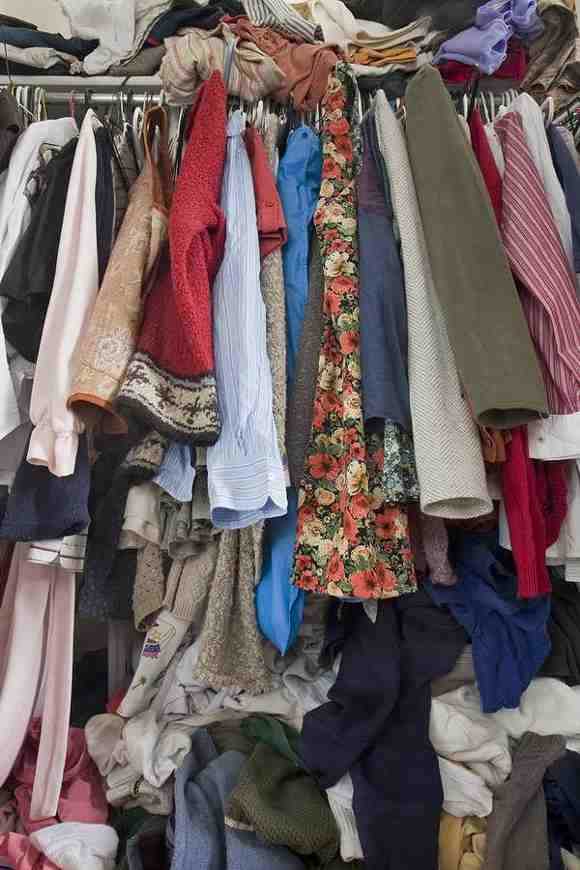
If you’re going on a beach break, your clothes are likely to get stained from the sunscreen or ruined from the sand and salt water.
If you’re the more adventurous type, chances are your clothes are going to get muddy, torn and generally worn out.
Therefore, look at your current selection of clothes, pick out some suitable outfits and reuse them. If you need to buy some new clothes, fine – but at least look to see if any of your current clothes can be worn on your vacation.
2. Recycle your clothes
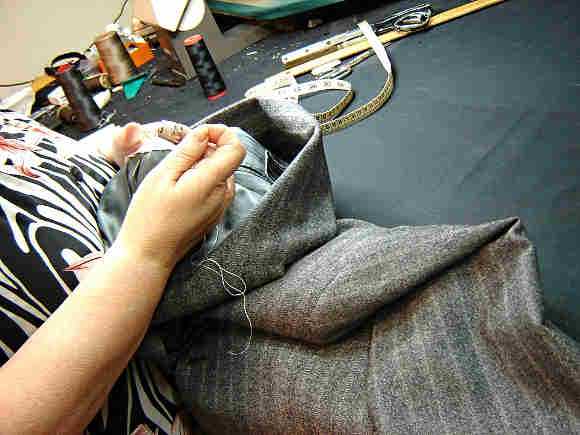
In addition to simply checking out your existing closet to see what’s suitable, it’s also worthwhile considering whether you can change any item of clothing to suit, too.
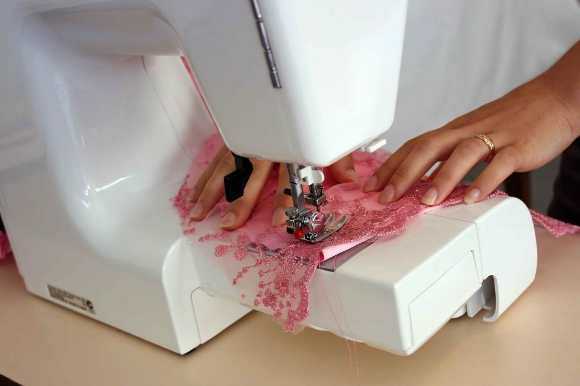
For example, you might be looking at a new pair of denim shorts, but could you have an old pair of jeans turned into shorts instead? It might cost $10 or $20, but if a new pair of shorts was going to cost $50 or $100, there are huge savings to be made.
3. Look at buying heavier items when you reach your destination
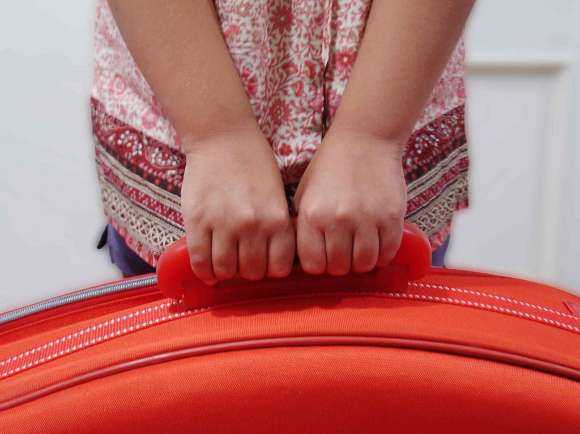
If you’re flying to your vacation destination, consider buying some of your essentials when you arrive.
The reason behind this is all down to the weight of your luggage.
Let’s say you had a 20kg luggage allowance and by packing your sunscreen, shower gel, shampoo and several other toiletries, it took you to 22kg. At the airport, you might have to pay $25 for every kilogram over your allowance, instantly adding an extra $50 to the cost of your holiday.
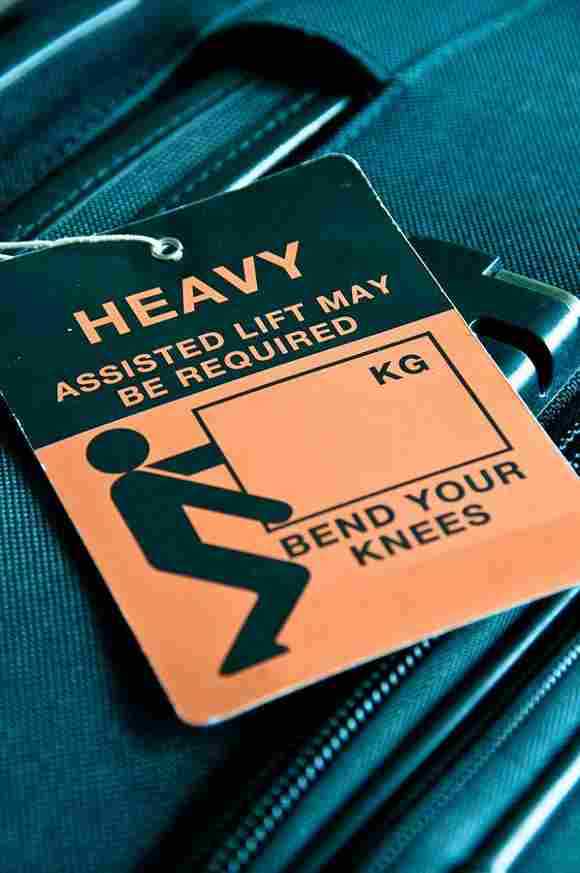
If you can get all of your toiletries at your destination for $25, however, you could save yourself money that you could do with having in your own pocket, especially if you’re travelling in a party of 10 – that’s an extra $250 you’d have as a group.
4. Give everyone a list and a budget

When you’re taking your family on vacation, getting everyone ready can be nothing short of a nightmare, particularly when it comes to taking each of them shopping – most kids will pick up something they like the look of without even considering the price.
Although it might not be suitable for your younger children, for those who go out shopping by themselves, a great way to restrict their spending is to give them a list and a budget.
Detailing exactly what they need to buy, you’ll find that many will not only enjoy the task they’ve been set, but they’ll search harder for bargains – if they can get a beach towel $5 cheaper than they planned, that’s $5 more they have to spend on something they actually want for their vacation.
5. Shop around

The one real way you can save a fortune: shopping around. You can almost guarantee you’ll get the best deals possible during your pre-vacation spending.
From clothes through to toiletries, you might be able to get several items in one store, which is obviously fantastic for convenience, but if you can plan ahead and have enough time, chances are you’ll be able to get the same products elsewhere for a cheaper price.
And you don’t have to physically go to different stores, either – there are plenty of websites that will tell you exactly which stores are offering the products you want at the cheapest prices.
Going on vacation can be expensive enough without all of the money that needs to be spent before you even reach your destination. With just a little preparation and forethought, however, you should be able to ensure that the amount of money you spend beforehand really is the least it can be, meaning you can set off for your break without any vacation-related financial worries.













